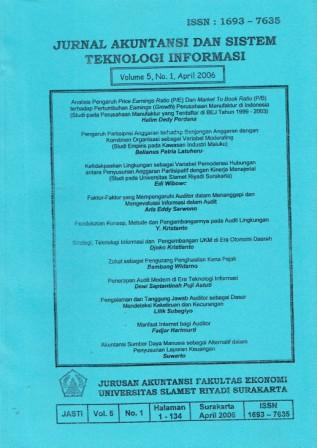ZAKAT SEBAGAI PENGURANG PENGHASILAN KENA PAJAK
Abstract
AbstractThe Indonesian is state with moslem majority resident. More than 200 million Indonesia resident, 80% confessing to believe in Islam, but did not mean that Indonesia is Islam state. Indonesia as according to its constitution represent secular state dissociating positive laws of political with religion law. Stipulating of law No. 38 Year 1999 about Management of Religious obligatory, Chapter IV section 14 is article 3 expressed that: " Religious obligatory which have been paid to the order of religious obligatory amil body / institute religious obligatory “amil†tapered down from profit / earnings of[is rest of hitting pertinent Iease as according to legislation going into effect", and law No. 17 Year 2000 about third change to the law Income Tax sounding: "paid religious obligatory by moslem institute or person to formal religious obligatory amil institute can lessen pertinent income tax".
Taxpayer can use payment of religious obligatory as income tax pengurang by including the amount of payment of religious obligatory in Notice go into operation in the year Iease 2001. Confessed of religious obligatory as Iease pengurang mean will give Iease incentive to taxpayer which also religious obligatory payer so that one would more impel again to pay for religious obligatory. In this article is also studied procedure enumeration of Iease caused by the religious obligatory
Keywords: Religious obligatory, Income Tax, BAZ / LazDownloads
Published
Issue
Section
License
Authors who publish this journal agree to the following terms:
- Authors retain copyright and grant the journal right of first publication with the work simultaneously licensed under a Creative Commons Attribution License that allows others to share the work with an acknowledgement of the work's authorship and initial publication in this journal.
- Authors can separately make additional contractual arrangements for non-exclusive distribution published by the journal (e.g., publish it in a book), with an acknowledgement of its initial publication in this journal.
- Authors are allowed and encouraged to send their work via online (e.g., in the institutional repositories or their website) after published by the journal.










